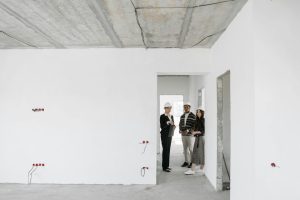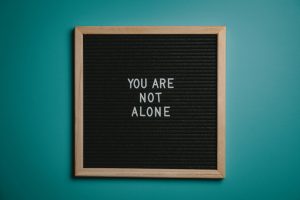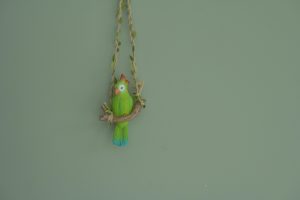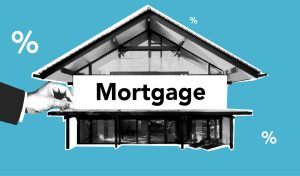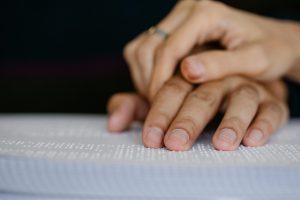The Surprising Psychology Behind a Successful Open House
A well-executed open house can make or break a real estate sale. It’s the first time potential buyers will physically step foot in the property, so it’s crucial to make a good impression. While preparing the house and advertising the event are key factors in a successful open house, there’s another aspect that often gets overlooked – the psychology behind it. Understanding the psychology of potential buyers and implementing it into the open house can ultimately help secure a successful sale. In this article, we’ll explore the surprising psychology behind a successful open house.
The Power of First Impressions
The first few seconds of a potential buyer’s experience at an open house can have a significant impact on their overall perception of the property. According to a study by the National Association of Realtors, 63% of buyers will drive by a house they saw online before scheduling a showing, and 40% of buyers will NOT schedule a showing if they don’t like the exterior of the house. This means that curb appeal and the first impression of the exterior of the house are crucial in getting buyers through the door.
Make sure the exterior of the house is well-maintained and visually appealing. This includes landscaping, a clean and clutter-free front porch, and fresh coat of paint if needed. A positive first impression can set the tone for the rest of the open house experience.
The Role of Scent
It might seem like a minor detail, but the scent of the house can play a significant role in a buyer’s perception. A study by the National Association of Realtors found that 80% of potential buyers said they would be more likely to buy a house if it smelled nice. On the other hand, bad smells can immediately turn buyers off and make it difficult for them to visualize themselves living in the house.
Incorporate pleasant scents into the open house, such as fresh flowers, mild candles, or an air freshener. Be careful not to use strong or overwhelming scents, as this can also turn off potential buyers. A subtle, pleasant scent can help create a positive and inviting atmosphere.
Utilizing Psychology in Staging
Staging the house to make it look organized and appealing is a crucial aspect of an open house. But it’s not just about making the house visually appealing – it’s also about using psychology to entice potential buyers. Here are a few tips for staging the house to appeal to a buyer’s emotions:
Create a Cozy Atmosphere
Utilize warm and inviting colors, textures, and lighting to create a cozy atmosphere. This will make potential buyers feel more comfortable and at ease in the house. Adding soft blankets, cozy pillows, and warm lighting can help make the house feel like a home.
Showcase the Potential Lifestyle
When staging the house, think about the potential lifestyle the buyer could have in that space. For example, if the house has a large backyard, create an outdoor dining or entertaining area to showcase the potential for hosting gatherings. If the house has a spacious master bedroom, set up a sitting area to highlight the potential for a cozy retreat.
The Importance of Personalization
Creating a personalized experience for potential buyers can go a long way in making a successful open house. It’s important to remember that potential buyers are not just looking at a house; they are also looking for a place to call home. Here are a few ways to personalize the open house experience:
Greet Buyers with a Personalized Welcome
Welcome buyers with a small gift or personalized note, such as a bottle of water or a small snack. This not only shows your appreciation for them attending the open house but also makes them feel more comfortable and at home.
Provide Relevant and Personalized Information
Including personalized information about the neighborhood, nearby attractions, or school districts in the open house materials can show that you understand the buyer’s needs and preferences and can help them envision themselves living in the area.
Understanding the psychology behind potential buyers’ thoughts and emotions can ultimately lead to a successful open house. By utilizing these tips and incorporating them into the planning and execution of the open house, you can create an inviting and personalized experience that can help seal the deal on a sale. So the next time you’re hosting an open house, remember to think about the power of first impressions, the role of scent, utilizing psychology in staging, and the importance of personalization to ensure a successful event.


